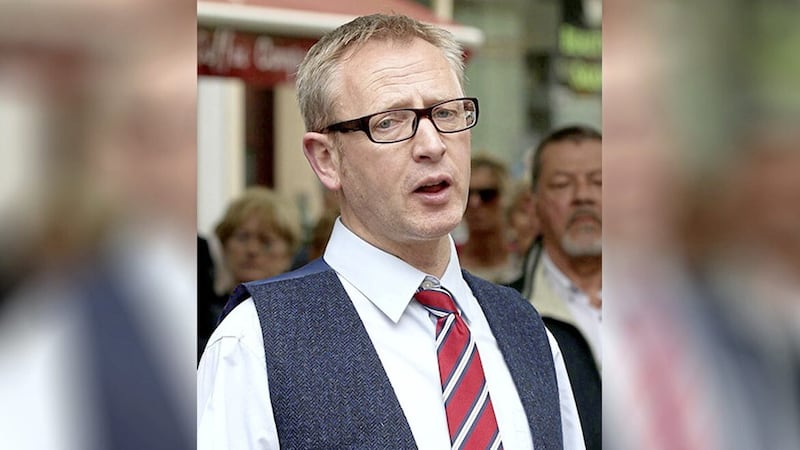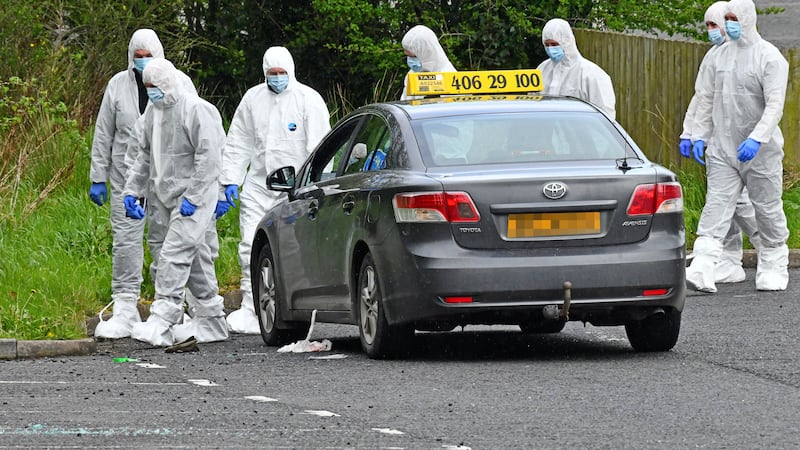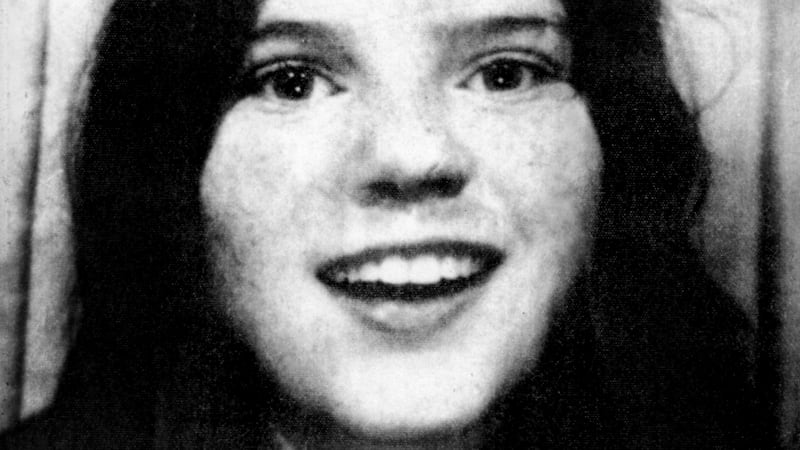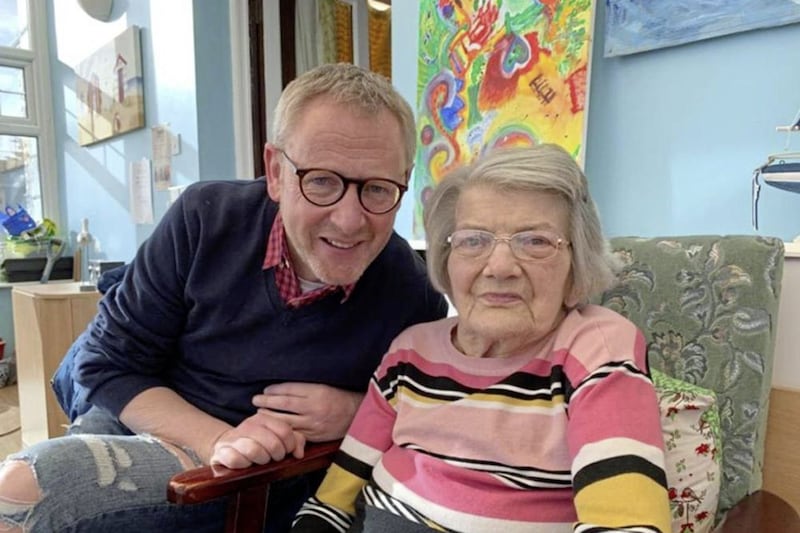THE last couple of years have been bitter sweet for me.
The birth of my grand-daughter in 2022 brought untold joy into my home but also reminded me of the loss of the grandmother she will never know.
My wife Sharon was murdered in the Shankill Bomb in October 1993.
In 2021 my daughter turned 30, making her older than her mother was when she was murdered at 29.
And at the end of this year she will walk down the aisle to marry the love of her life.
These are the family milestones that although celebrated also serve to highlight the human cost of the ‘Troubles’, perhaps best summed up in a post my future son in law put up at the 29th anniversary of the Shankill Bomb.
“My fiancé lost her mother at the age of 2, not looking forward to explaining this to my daughter when she is older”.
For those of us whose loved ones were cruelly taken the pain never goes away. Some of us learn to live with it, but sadly many don’t and turn to drink or drugs and other negative coping strategies. The graveyards of Northern Ireland are littered with the bodies of those who were never able to come to terms with the horrific crimes that were inflicted upon them.
Shamefully, 25 years on from the signing of the Good Friday Agreement, and the response of the British Government is to attempt to airbrush these crimes out of our lives, and to twist the knife by putting in place a process that protects the perpetrator from prosecution.
In an attempt to make it palatable they have dressed their so called Legacy and Reconciliation Bill, which is in the House of Lords today, in the language of ‘peace and reconciliation’, but those who lost so much will not be taken for fools.
You can not bring about societal healing by hoping that everyone engages in collective amnesia. The past will only be the past once it is properly addressed and not forgotten about. Does that mean that victims and survivors are expecting a day in court and for perpetrators to be sent to jail? I think not.
We understand how difficult it is to get prosecutions with the passage of time and the decreasing number of reliable witnesses unable or unwilling to come forward and tell the truth. Difficult but not impossible.
This was the conclusion of Jon Boutcher who has led Operation Kenova for the past seven years. I know the work of Kenova well having sat on the Victims Focus Group for over five years, but I know the families even better. I know Kenova works because they have told me Kenova works, often citing the way that Boutcher and his team of investigators have gone about their business.
This is a process that truly has victims at its core.
Trust and transparency are central to this with the Kenova team keeping families informed of every development and finding out information that had previously been withheld or just not passed on.
Sometimes the information retrieved is not earth shattering, such as the last words a loved one said, or the clothes they were wearing when they were killed, but for families seeking closure it’s of vital importance.
When Jon Boutcher started his work the naysayers were out in force, predicting it would go the way of Stalker Sampson almost 40 years ago, or John Stevens in the nineties, ie whenever the truth is close the spooks in British Intelligence will find a way to make sure it doesn’t get out.
Currently Operation Kenova has over 30 files with the Public Prosecution Service, evidence indeed that there is a process that works and more importantly that it works for families.
Contrast that with the current proposals of the British Government where the hand of the perpetrator is strengthened and victims have to rely on the crumbs of uncontested truth that are spat from their mouths.
This is wrong, an affront to justice and democracy.
Fair play to those who know a thing or two about Northern Ireland and its murky past.
Those prepared to stand up and call it for it is such as Lord Hain, Baroness O’Loan and Lord Eames.
While in no way endorsing this terrible bill amendments have been proposed to at least slow the slide into betrayal and denial.
It looks likely that the legislation will pass but if the British Government thinks that victims and survivors will forget all about the past and move on based on their Amnesty Bill I can tell them it’s not bloody likely.
:: Alan McBride is the coordinator of the Wave Trauma Centre.








